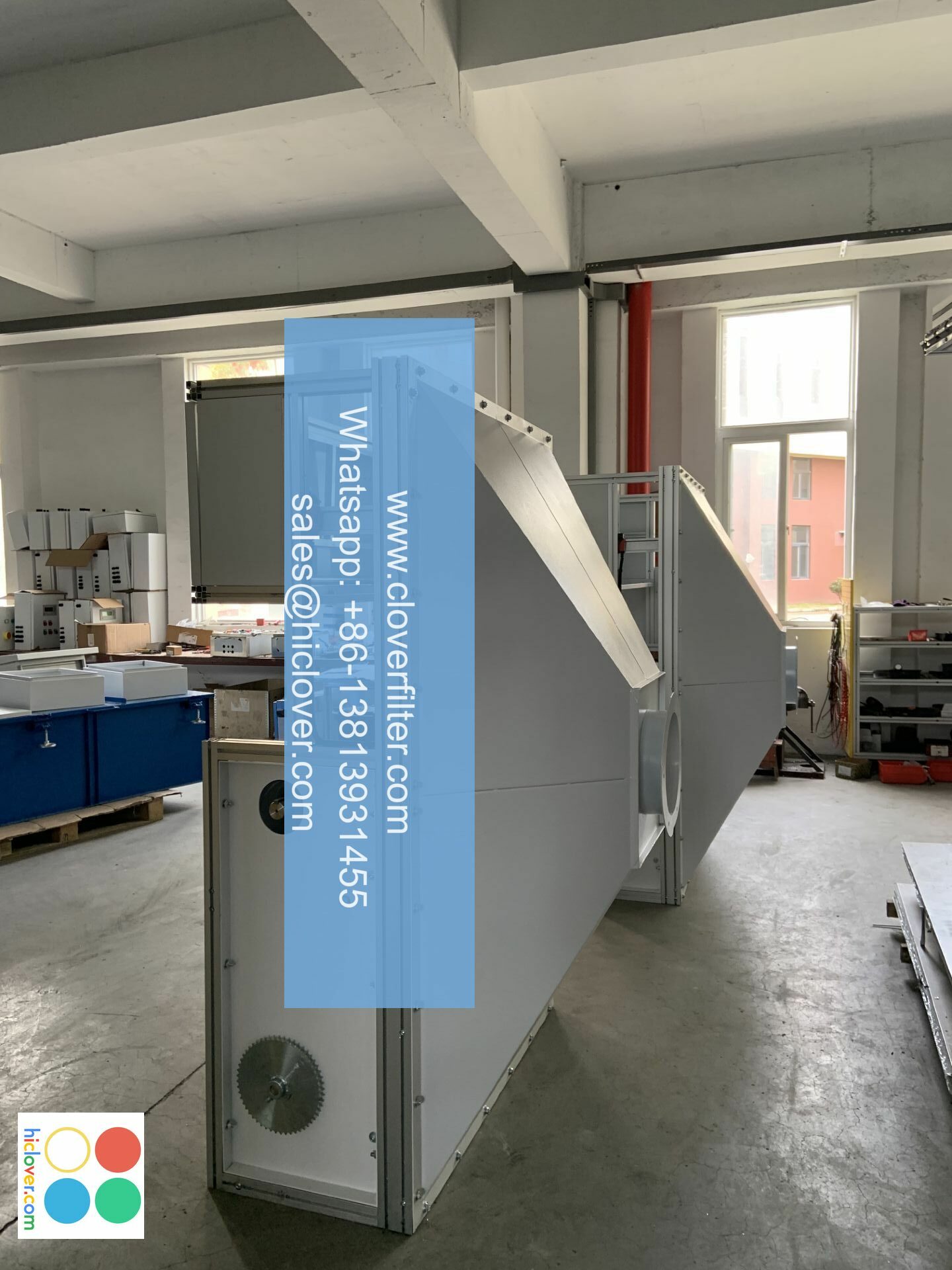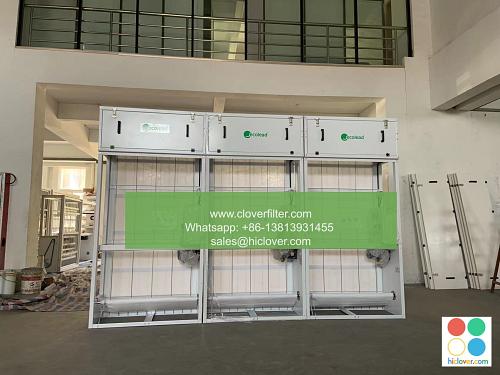The Benefits of Using Air Filters with Activated Carbon

Air pollution is a growing concern worldwide, with both indoor and outdoor air quality posing significant health risks. One effective way to combat this issue is by using air filters with activated carbon, which offer a range of benefits for improving air quality and promoting healthier living and working environments. In this article, we will explore the advantages of using air filters with activated carbon, highlighting their application in indoor air purification, odor removal, and allergen reduction.
What is Activated Carbon?
Activated carbon, also known as activated charcoal, is a highly porous material that is derived from organic sources such as coconut shells, bamboo, or wood. Its unique structure allows it to trap and absorb a wide range of pollutants, including volatile organic compounds (VOCs), gases, and particulate matter. When used in air filters, activated carbon can effectively remove impurities and contaminants from the air, leaving it cleaner and fresher.
Benefits of Air Filters with Activated Carbon
The use of air filters with activated carbon offers numerous benefits, including:
– Improved Indoor Air Quality (IAQ): By removing pollutants and contaminants, air filters with activated carbon can significantly improve the quality of indoor air, creating a healthier environment for occupants.
– Odor Removal: Activated carbon is highly effective at absorbing and neutralizing unpleasant odors, making it an ideal solution for applications such as kitchen ventilation, pet areas, and smoking rooms.
– Allergen Reduction: Air filters with activated carbon can help reduce the presence of allergens such as dust, mold, and pet dander, providing relief for individuals with allergies and respiratory issues.
– Gas and Chemical Removal: Activated carbon can absorb and remove a wide range of gases and chemicals, including formaldehyde, benzene, and ammonia, making it an effective solution for applications such as industrial ventilation and hazardous material handling.
Application Areas
Air filters with activated carbon have a wide range of applications, including:
– Residential HVAC Systems: Integrating air filters with activated carbon into residential heating, ventilation, and air conditioning (HVAC) systems can improve indoor air quality and reduce the presence of allergens and odors.
– Commercial Air Purification: Air filters with activated carbon are commonly used in commercial settings such as offices, restaurants, and hotels to improve indoor air quality and reduce the presence of pollutants and odors.
– Industrial Ventilation: Activated carbon air filters are used in industrial settings to remove gases, chemicals, and other pollutants from the air, creating a safer working environment for employees.
– Transportation: Air filters with activated carbon are used in vehicles and public transportation to improve air quality and reduce the presence of pollutants and odors.
Conclusion
In conclusion, air filters with activated carbon offer a range of benefits for improving air quality and promoting healthier living and working environments. By removing pollutants, contaminants, and odors, air filters with activated carbon can improve indoor air quality, reduce allergens, and create a safer and more comfortable environment for occupants. Whether used in residential, commercial, or industrial settings, air filters with activated carbon are a highly effective solution for improving air quality and promoting healthier living and working environments. You haven’t asked a question or provided any context. What would you like to talk about or ask? I’ll do my best to provide a helpful and direct response.

